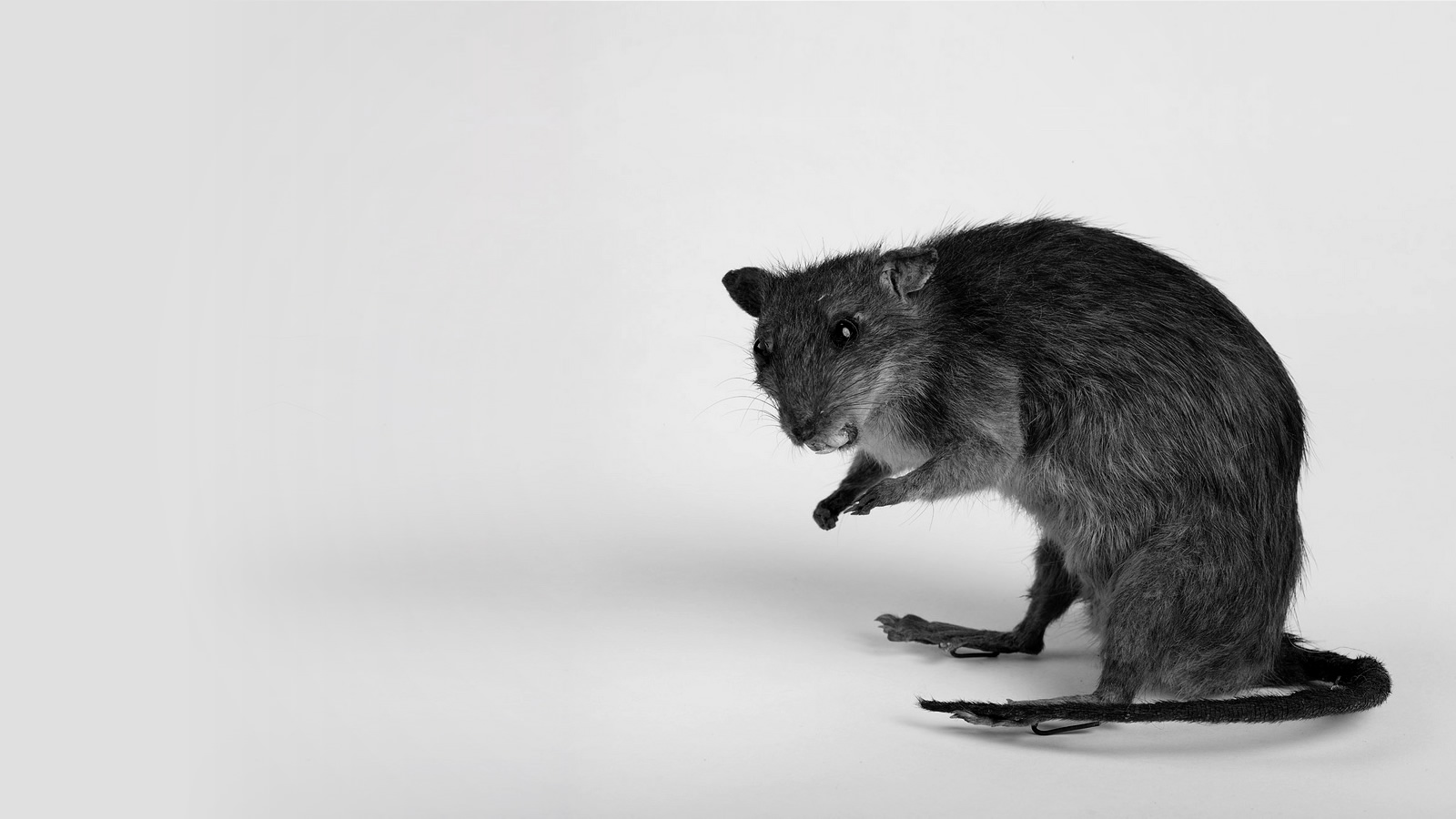We’ve all seen a rat in a glue trap. An awesome and gruesome sight, watching a living creature struggle against the inevitability of death. At first, it is certain of its escape, and tries to rip itself loose. But that only entangles it further in the lethal paste. Now the fear comes. It sets to work gnawing away at anything it can reach — the glue, the plastic, its own limbs — desperate for freedom. Then panic washes in, palpable and recognizable. Using its last reserves of strength, it thrashes about — violently, recklessly, and in vain. It is now hopelessly trapped, stuck in the tiny spotlight of its tiny stage until the final curtain falls. And so it stops. Its last moments are that of pathetic, paralysed terror, silent and still, unable to move, barely able to breathe, slowly succumbing to its exertions and exhaustion.
That’s life in Jamaica.
If you live abroad, Jamaica is disappointing. You read online about the violence and shake your head. On the phone with your sister, you hear about the crime and empathize, secretly thankful for the intervening distance. You alleviate your nephew’s poverty, sending down supplies and urging him to come up for school. You visit — briefly — and lament with your spouse the missed opportunities and downward spirals and how very sad and very bad and what’s the word, oh yes, disappointing it all is, from the safety of your dual citizenship.
We have visited anger and fatigue and disappointment and found them wanting
But we who live in Jamaica are not disappointed. Disappointment would be a vast improvement in our outlook. We would be overjoyed to be disappointed. No, we are still working our asses off in the blazing-hot sun, watching our hands and feet get thicker and uglier each year. We are still sitting in traffic with a metastasizing army of taximen who will surely jump the line in Heaven after they find themselves prematurely at its gates. We are still afraid to go out too early in the morning, too late at night, in too large or small a group to too crowded or isolated a place, and certainly not in our nice clothes or new car. We have visited anger and fatigue and disappointment and found them wanting. Truth be told, we’re goddamn depressed.
In the Nat King Cole classic, “Mona Lisa”, he croons about an elusive woman: “So many dreams have been brought to your doorstep / They just lie there, and they die there”. That’s Jamrock, a graveyard of dreams piled higher than the Riverton City dump, and twice as pungent. Success is something that happens far away, and if it happens to us, we stand and stare at it in dumb shock, like a child greeted by a stranger. Then we recover quickly, before other people smell it and come running. Because success in our island is a rare and wondrous thing, not to be expected and not to be hoped for too fervently, nightly prayers notwithstanding.
Success in Jamaica is not to be expected or hoped for too fervently
Yet we feel even more private with our failure, as if the reason our dreams do not flourish in this barren wasteland is our individual gardening skills. We come up with excuses and rationalizations, delays and procrastinations. We plant more seeds, different seeds, better seeds. We try shade and less shade and no shade, more water and less water, fertilizers and dances and that thing we laughed at openly when it was first suggested. To no avail. Come Monday, we have the same job in the same office, with a different title and the same salary.
And so eventually we give up, for it is in the nature of depression to win a war of attrition. Like the wretched rat, we stop fighting. We lay down in the glue, and wait. This is what you see when you walk the city — the vendors selling newspapers, the workers digging up the road, the nurses at the bus stop. It looks like we’re busy, but we’re really just waiting. We have been beaten — by the heat, the hustle, the humility of repeated failure. The woman who answers the phone when you call, the man who is fixing your bathroom, the manager who runs your branch — all broken by a slavery greater than our capacity to withstand it. We are a defeated people, born and living on a new kind of plantation, or as we like to call it — home.
